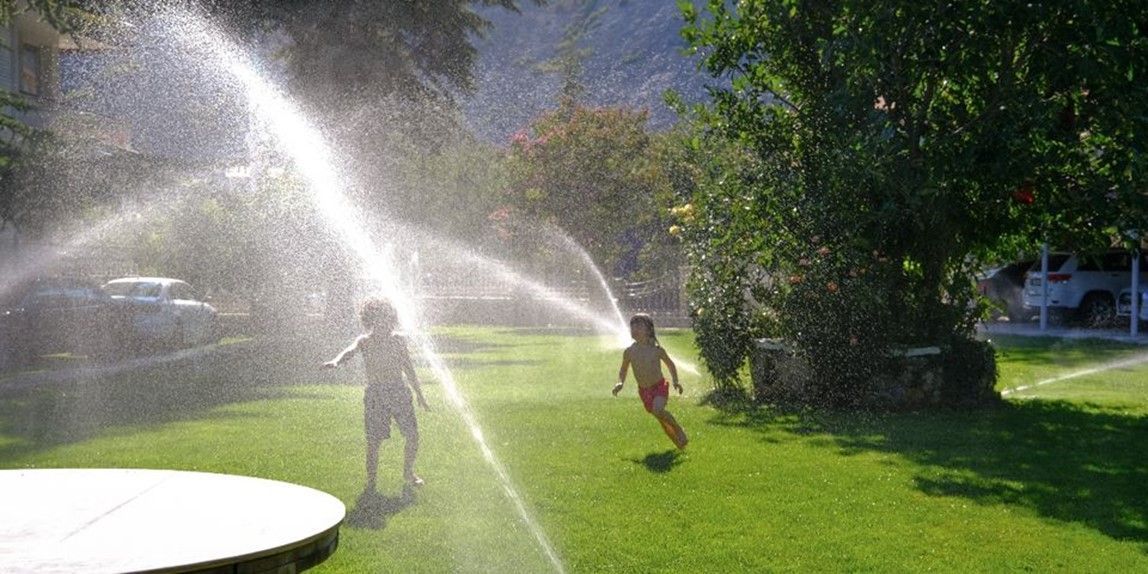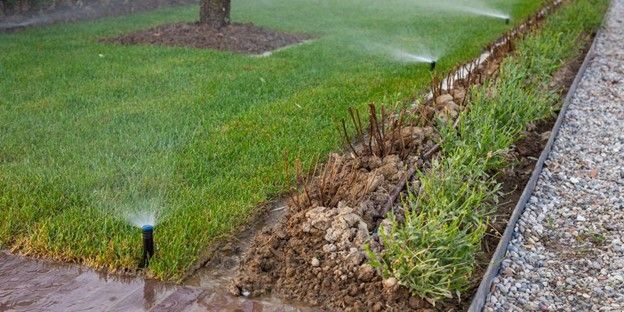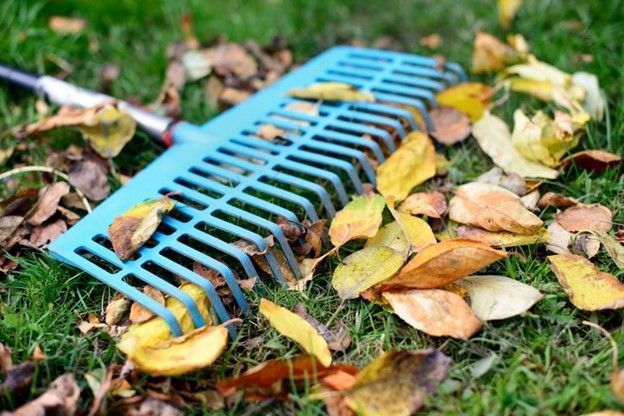What to Know About Deep Root Feeding
SHARE:
Most homeowners want beautiful, healthy lawns and landscape. But, lawns with curb appeal don't just happen—they require effort to achieve and maintain. Fertilization is one component of a comprehensive plan that helps produce this result. It provides plants and trees with the nutrients they need to grow dense root networks, making them more resistant to pests and disease. One fertilization method to consider is deep root feeding. The following guide explores this process and its benefits.
What Are the Benefits of Deep Root Feeding?
Deep root feeding is an effective way to provide your plants with the nutrients they need to thrive. By injecting fertilizer directly into the soil around the roots, your plants can absorb the nutrients more efficiently. This method allows the roots to grow deeper and stronger, making them more resistant to drought, disease, and pests.
Another benefit of deep root feeding is that it can improve the overall health of your lawn. When your plants are healthy, they can better resist weeds and other invasive species. Additionally, deep root feeding can promote stronger and thicker grass, which can help prevent soil erosion and runoff.
Deep root feeding can also help save water. When your plants have healthy and deep roots, they can absorb water more efficiently. This means you won’t have to water your lawn as frequently, saving you time and money on your water bill.
What Are the Benefits of Deep Root Feeding?
Deep root feeding is typically needed when your plants are not receiving the nutrients they need from regular fertilization. Signs that your lawn may benefit from deep root feeding include yellowing leaves, slow growth, and thinning grass. You may also notice that your lawn is more susceptible to weeds, pests, and disease.
Deep root feeding can also be beneficial if you have recently planted new trees or shrubs. These plants require a lot of nutrients to establish strong roots and grow healthy. By providing deep root fertilization, you can give them the best chance for success.
It’s important to note that deep root feeding should not be done too frequently. Over-fertilization can lead to an imbalance of nutrients, which can harm your plants. A professional lawn care company can help determine the best schedule for your lawn’s specific needs.
For help with your garden's fertilization, turn to Nature Plus Lawn & Irrigation of Cincinnati, OH. They start every new client off with a soil analysis, allowing them to determine exactly what nutrients their lawn needs. With over 25 years in the business, they know how to make your garden thrive. Learn more about their services online or call (513) 755-9434 to schedule an appointment.










